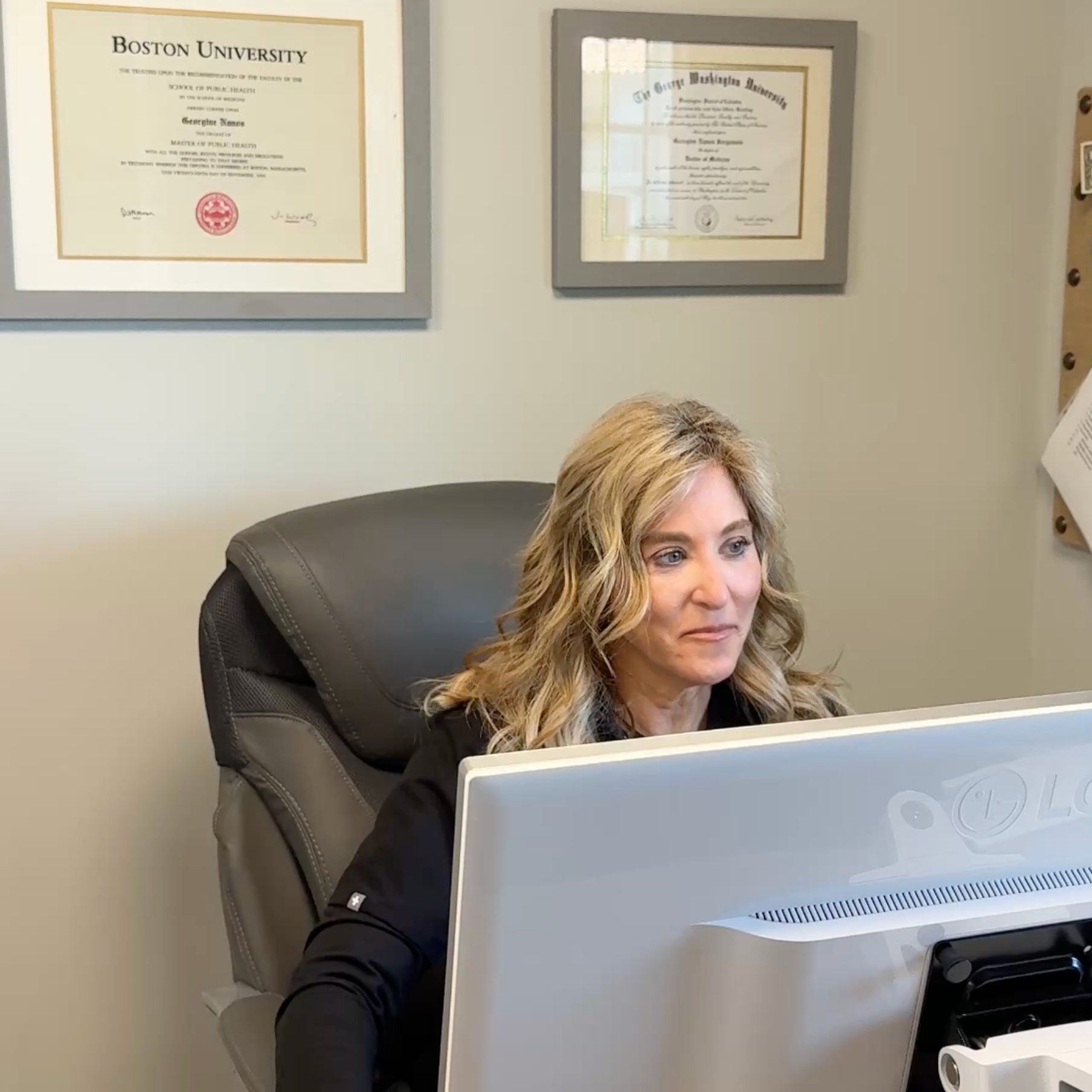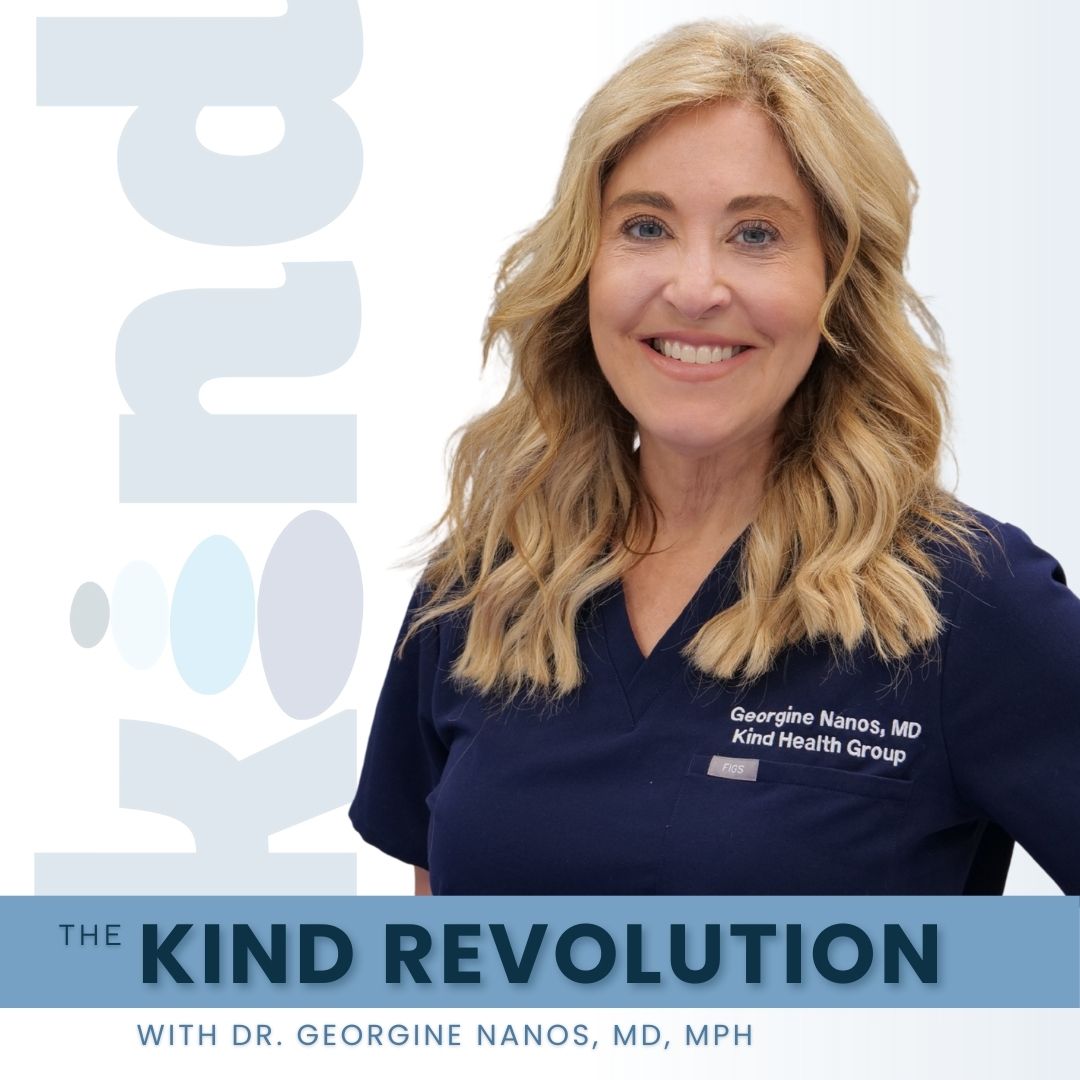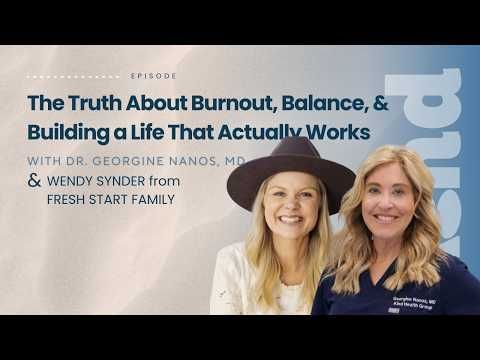Rebecca Prolman on NARM, Shame, and the Path to Emotional Freedom
Shame isn't your fault, but healing it is your responsibility. Therapist Rebecca Prolman reveals how trauma creates toxic shame and how to break free.
In this profound conversation on The Kind Revolution Podcast, Dr. Georgine Nanos interviews Rebecca Prolman, a licensed therapist specializing in complex trauma through the NeuroAffective Relational Model (NARM). Rebecca shares her personal journey from harmful therapy experiences to becoming a trauma specialist, and breaks down the impossible dilemma children face that creates lifelong shame patterns.
This episode explores how childhood wounds create survival strategies that become our adult coping mechanisms - from addiction and eating disorders to relationship reactivity and self-sabotage. Rebecca explains why shame feels so protective yet keeps us stuck, and shares practical steps for healing without getting overwhelmed.
TIMESTAMPS:
01:07 - Rebecca's journey from harmful therapy to healing
03:45 - Introduction to NARM and complex trauma
07:01 - How attachment wounds create toxic shame
10:13 - The impossible dilemma children face
13:05 - How shame shows up in adulthood
16:23 - Practical steps to identify and heal shame
22:35 - Rebecca's personal TMS experience
28:15 - Common mental health myths debunked
32:00 - Moving from coping to living fully
34:10 - Hope for the future of mental health
WHAT YOU'LL LEARN:
✓ Why children choose self-blame over heartbreak
✓ How toxic shame differs from healthy shame
✓ The connection between shame and addiction patterns
✓ Why therapy sometimes makes trauma worse initially
✓ How TMS helps unlock protective neural patterns
✓ Practical exercises for shame identification
✓ The difference between victimhood and healing
✓ Why presence is the key to nervous system regulation
✓ How trauma therapy modalities are evolving
KEY TOPICS COVERED:
NeuroAffective Relational Model (NARM)
Complex developmental trauma
Toxic shame vs healthy shame
Childhood attachment wounds
Adult coping mechanisms and addiction
TMS therapy for trauma processing
Emotional completion cycles
Nervous system regulation
Therapeutic relationship dynamics
Mental health stigma and misconceptions
Perfect for anyone struggling with shame, self-worth issues, relationship patterns, addiction recovery, or supporting someone through trauma healing. Essential listening for understanding how childhood experiences shape adult mental health.
ABOUT REBECCA PROLMAN:
Licensed therapist specializing in complex trauma healing through NARM. Creator of online courses "The Roots of Healing" and "Reclaiming You: From Coping to Living Fully." Integrates spirituality, astrology, and holistic approaches with evidence-based trauma therapy.
CONNECT WITH REBECCA PROLMAN:
🌐 Website: [rebeccaprolman.com](http://rebeccaprolman.com/)
📱 Instagram: @rebeccaprolman
This conversation offers hope that healing is possible, shame can be released, and we can move from survival mode to truly living fully.
SHARE THIS EPISODE: Help others understand that their struggles aren't character flaws - they're survival strategies that can be healed.
If you're experiencing thoughts of self-harm or suicide, please reach out for immediate support: 988 Suicide & Crisis Lifeline. This content is for educational purposes and should not replace professional mental health care.









